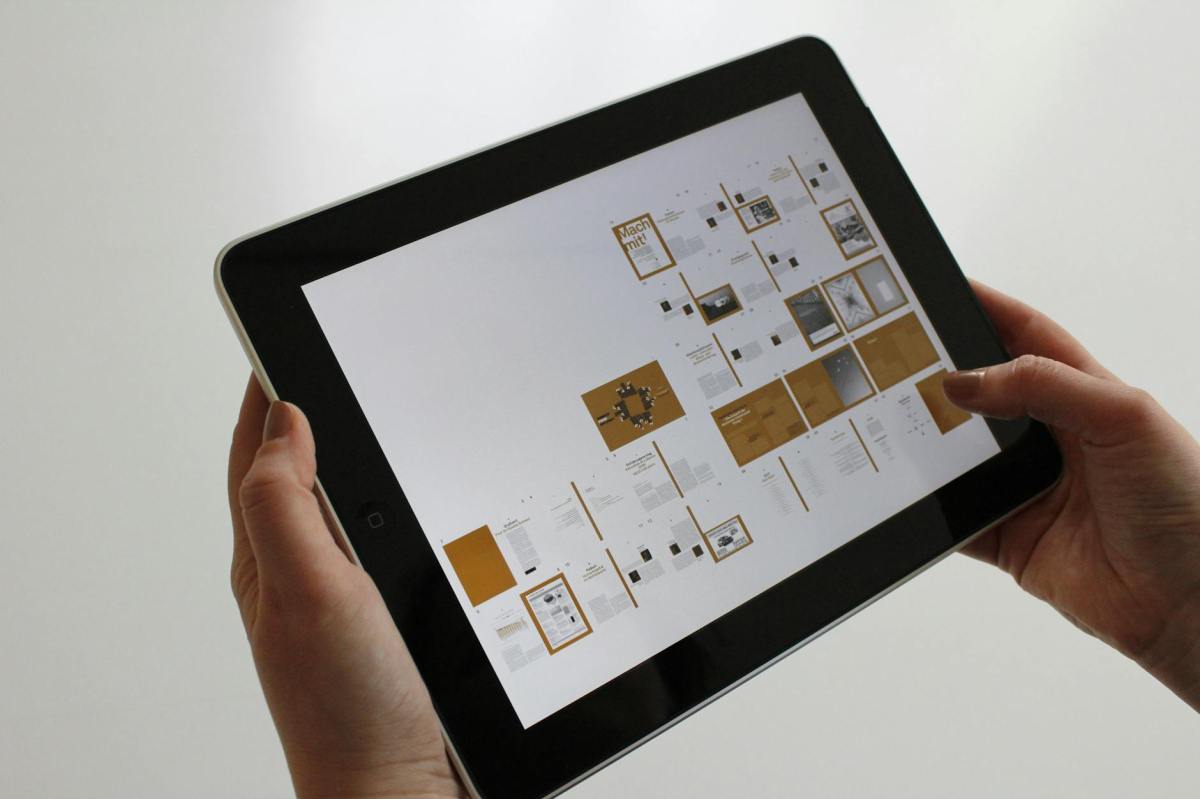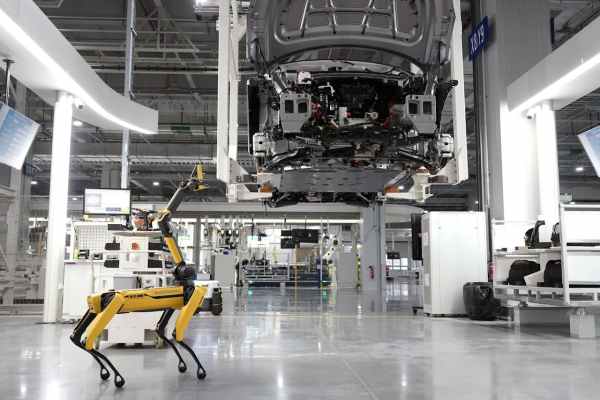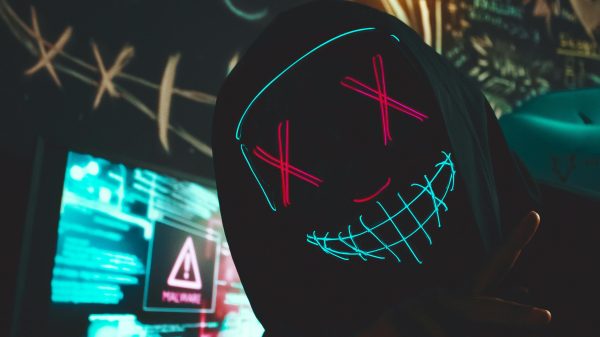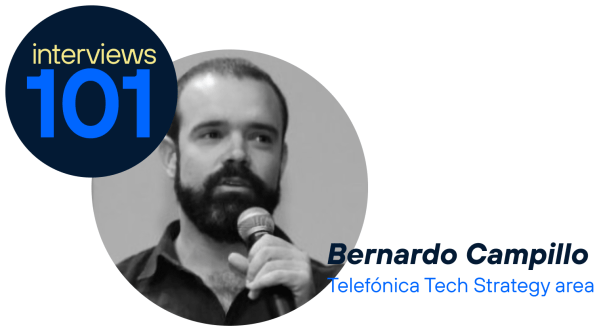There are many digital professions for which demand is increasing with the advance of digital transformation.
And the Internet of Things (IoT) is no exception. But before we go any further, what exactly do we mean by this technology?
What is IoT
The IoT(Internet of things) is a set of objects and devices with the ability to connect and exchange data with each other via a mobile network.
This technology, linked to the development of other technologies such as 5G, is enabling a major revolution in different sectors, from industry and healthcare to mobility.
For the mass deployment of sensors, meters or IoT telemetry, communications technologies such as NB-IoT are necessary.
Broadly speaking, we could summarise the usefulness of the Internet of Things as streamlining, improving and automating processes in many areas, as mentioned above.
Uses of IoT
Some of the examples of the use of the Internet of Things in practical everyday applications are telemedicine, the connected car, Industry 4.0 or smart cities.
- Telemedicine. Thanks to the low latency provided by 5G, telemedicine capabilities are boosted by enabling real-time operations thousands of kilometres away. In addition, another use of IoT in the healthcare sector is to remotely monitor the indicators of patients with certain conditions, something of great relevance in cases such as chronic diseases or elderly people.
- Connected car. The connected car will increase road safety while reducing pollution and various associated costs.
- Industry 4.0. The application of the Internet of Things will serve to achieve advances in Industry 4.0, such as improving production quality, business profitability or energy efficiency or increasing the possibilities of machinery control.
- Smart cities. Integrating IoT into the structure of smart cities can help to manage available resources more efficiently and sustainably, with different possibilities such as controlling building temperatures, regulating public lighting or, related to what we mentioned earlier about the connected car, improving road monitoring.
Tasks of an Internet of Things specialist
The task of specialists in IoT technology is to design, implement and manage the interconnection of devices via wireless networks.
Taking advantage of the potential of IoT devices, these professionals develop applications to improve their uses or functionalities.
Therefore, specialists in the Internet of Things are of great relevance when it comes to automating processes and analysing data to make decisions.
Specific roles of an IoT specialist
- Create interconnection networks between devices, making them more autonomous and intelligent.
- Develop projects to get the most out of the application of this technology by exploring possible ways of improvement.
- Program the sensors that will be used to collect the data from which digital solutions will be offered.
- Collect data using the aforementioned sensors or IoT devices.
- Build databases and propose improvements based on the extracted analytics.
- Automate tasks in order to increase the degree of remote working.
- Explore the use of other technologies such as Artificial Intelligence or machine learning to improve the operability of the different devices.
- Supervise the projects in their different steps as well as evaluate the implementation of the devices and their integrations.
- Continue training in other emerging technologies in order to learn how to apply them in their day-to-day work.
Specific roles of an IoT specialist
- Create interconnection networks between devices, making them more autonomous and intelligent.
- Develop projects to get the most out of the application of this technology by exploring possible ways of improvement.
- Program the sensors that will be used to collect the data from which digital solutions will be offered.
- Collect data using the aforementioned sensors or IoT devices.
- Build databases and propose improvements based on the extracted analytics.
- Automate tasks in order to increase the degree of remote working.
- Explore the use of other technologies such as Artificial Intelligence or machine learning to improve the operability of the different devices.
- Supervise the projects in their different steps as well as evaluate the implementation of the devices and their integrations.
- Continue training in other emerging technologies in order to learn how to apply them in their day-to-day work.












